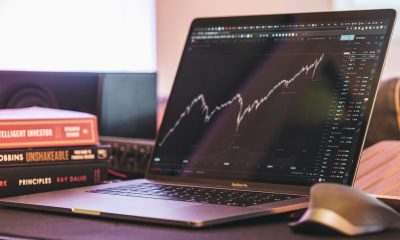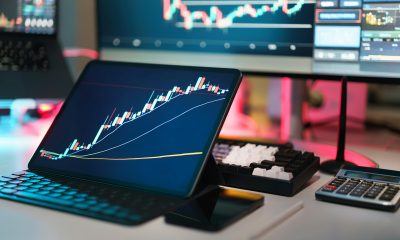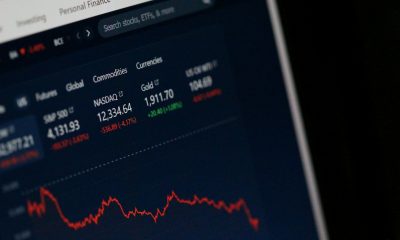Business
Coronavirus and the trade war, the challenges of the global economy in 2020
The Coronavirus outbreak is going global, that being the reason for bringing the world economy to a standstill. As the epidemic is spreading rapidly, the economy can suffer from recessions. According to forecasts from Euromonitor, China has the biggest risk and the country’s Gross Domestic Product is expected to grow by 5% during 2020. Euromonitor expects the economy in Japan to grow by 0.3%.
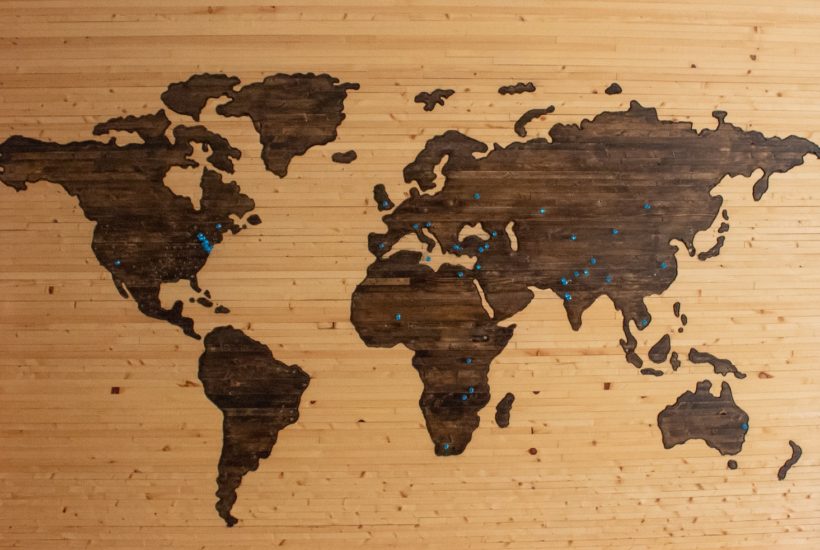
Euromonitor has cut its growth forecasts for the world’s economy by 0.1 to 0.3 points by 2020 due to the outbreak of the coronavirus.
The world economy is suffering. Growth of 1.4% for the advanced economies and 4.2% for the emerging countries. According to Euromonitor, these are the forecasts for the world economy in 2020, which is marked by three risk factors: the trade war, the fall in consumption and the coronavirus.
The outbreak of the epidemic has become an unexpected player on the gameboard of the global economy. Although according to Euromonitor, China is the country most at risk from the situation, the report warns that if the outbreak of the epidemic continues to spread across the globe, the risk of a global recession, burdened by reduced consumption and falling business investment, will increase.
The latest Born2Invest financial news, features and analysis from Africa, Europe, Asia-Pacific, the Middle East, Latin America, South Asia. Find information and in-depth financial coverage from around the world.
The Born2Invest mobile app covers the most important business headlines, organizes what is happening in the world to help you learn more about the stories that matter to you.
China’s GDP will grow by up to 5% in 2020
Euromonitor expected the Chinese economy to grow by up to 6% in 2020, but following the outbreak of the epidemic, the country’s Gross Domestic Product (GDP) is estimated to grow by 5% during the year. The paralysis of production, the closure of establishments and the fall in consumption are the main factors that will weigh on the Chinese economy.
At the same time, although the entry into force of the first phase of the agreement between China and the U.S. has alleviated the uncertainty about the escalation of the trade war between the two powers, the international consultant said it will continue to have repercussions around the world. For the U.S., the consulting firm estimated that GDP will advance by 1.7% in 2020.
In the Eurozone countries, GDP is expected to slow down by 0.8% to 1.3% in 2020. While consumer spending and the service sector will be on the rise, falling business investment, declining exports and slowing production are some of the factors that will limit growth in the region.
Japanese economy to suffer from the coronavirus outbreak in 2020
In Japan, the 3d largest country in the world by nominal GDP, Euromonitor expects the economy to grow by 0.3% in2020. The change in forecast is driven by Prime Minister Shinzo Abe’s announcement of a $1 billion fiscal stimulus package to be implemented by March 2021.
In the first quarter of the year, the Japanese economy will suffer from the outbreak of the coronavirus. However, Euromonitor estimates that this situation is temporary and will cease to have repercussions from the second half of the year.
For India, Euromonitor’s growth forecast is for 5.8% growth in 2020, which is below the initial forecast of 6.4%. The fall in consumption and investment have been the two main factors negatively affecting the country’s economy.
The progress of the Russian economy, estimated at between 1.6% and 1.7% in 2020, will depend mainly on the implementation of national infrastructures planned by the government.
According to Euromonitor, the evolution of Brazil’s GDP will be more positive in 2020 thanks to the favorable market condition and the implementation of monetary policy in the country. The consultancy firm’s growth forecasts for the Latin American country is of 2.1% in 2020.
__
(Featured image by Brett Zeck via Unsplash)
DISCLAIMER: This article was written by a third party contributor and does not reflect the opinion of Born2Invest, its management, staff or its associates. Please review our disclaimer for more information.
This article may include forward-looking statements. These forward-looking statements generally are identified by the words “believe,” “project,” “estimate,” “become,” “plan,” “will,” and similar expressions. These forward-looking statements involve known and unknown risks as well as uncertainties, including those discussed in the following cautionary statements and elsewhere in this article and on this site. Although the Company may believe that its expectations are based on reasonable assumptions, the actual results that the Company may achieve may differ materially from any forward-looking statements, which reflect the opinions of the management of the Company only as of the date hereof. Additionally, please make sure to read these important disclosures.
First published in PlantaDoce., a third-party contributor translated and adapted the article from the original. In case of discrepancy, the original will prevail.
Although we made reasonable efforts to provide accurate translations, some parts may be incorrect. Born2Invest assumes no responsibility for errors, omissions or ambiguities in the translations provided on this website. Any person or entity relying on translated content does so at their own risk. Born2Invest is not responsible for losses caused by such reliance on the accuracy or reliability of translated information. If you wish to report an error or inaccuracy in the translation, we encourage you to contact us.

-

 Cannabis2 weeks ago
Cannabis2 weeks agoUS Signals Shift to Evidence-Based Medical Cannabis Policy
-
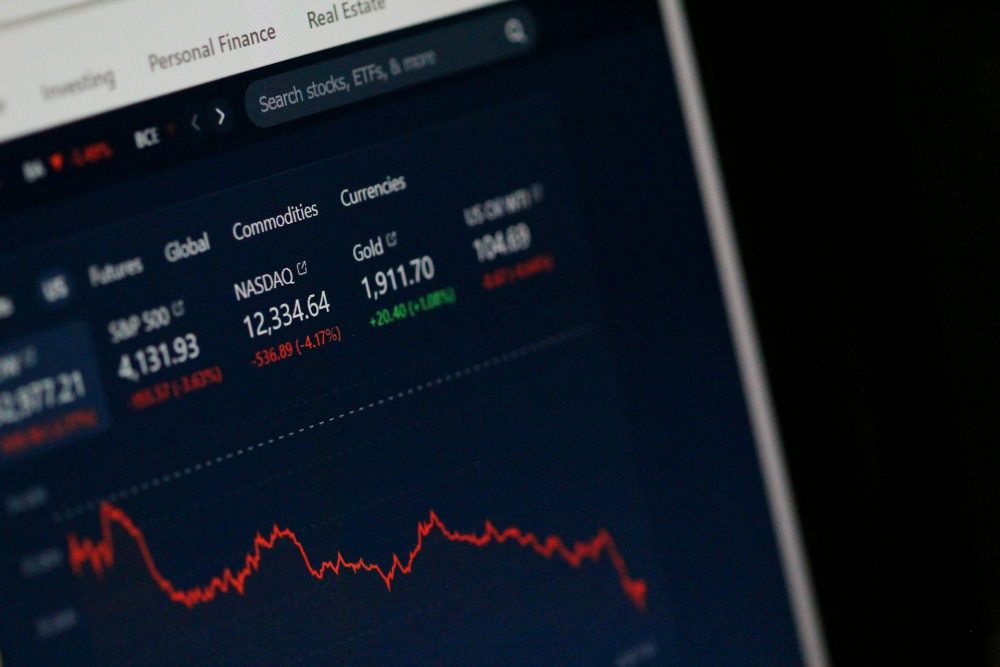
 Business20 hours ago
Business20 hours agoPrecious Metals Bull Market Juggernaut
-

 Business1 week ago
Business1 week agoMoney Printing, Housing Distortion, and the Road to Stagflation
-

 Crypto6 days ago
Crypto6 days agoNYSE Enters Blockchain: 24/7 Trading and Tokenized Assets Set to Challenge RWA Crypto Projects














